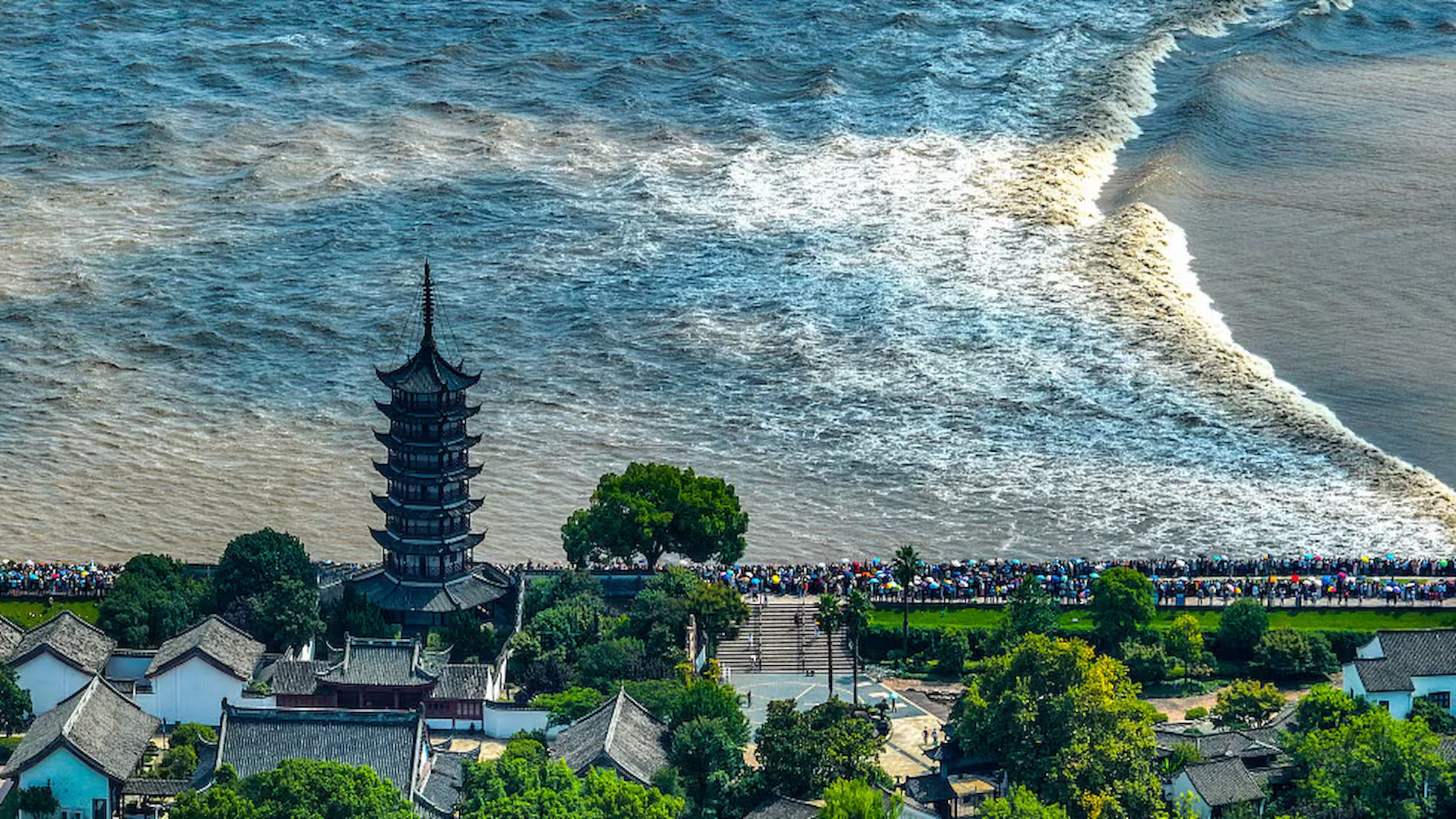Hangzhou, Riding the Tide

Embracing the River for Development
Hangzhou has become the third city in China, after Beijing and Guangzhou, to host the Asian Games. Hosting the Asian Games, a major event in Asia, signifies that Hangzhou has developed the capability to host large-scale events. This includes the construction of large venues, event operations, logistical support, and ensuring the daily life of residents during the events. By hosting large-scale events, Hangzhou has enhanced and upgraded its urban operational capabilities. More importantly, unlike political events such as the G20, large-scale sports events require various venues and facilities. These venues become landmarks, and through their layout, they help shape the city’s development plan. For example, many people once believed that Hangzhou was developing westward along the city’s western innovation corridor. However, both the G20 Summit in 2016 and the Asian Games in 2023 were held along the Qiantang River, showing that Hangzhou’s strategy of developing along the river has not changed. The Qiantang River connects to Hangzhou Bay, and developing along the river is crucial for Hangzhou’s outreach. Around 2010, the civic center was still a construction site, and the fields across the river in Xiaoshan were farmland. The G20 Summit provided the opportunity for Hangzhou to build an international convention center on both sides of the Qiantang River. To host the Asian Games, the Olympic Sports Center was also constructed, thus completing the core area along the Qiantang River.
West Lake
Ten years ago, Hangzhou was primarily a tourist city, with all aspects of old Hangzhou centered around West Lake. The city of Lin’an, the capital of the Southern Song Dynasty, was built behind Phoenix Mountain near West Lake. Emperor Kangxi visited West Lake six times during his southern tours, and Mao Zedong considered Hangzhou his second home. West Lake is the soul of Hangzhou, and Hangzhou, in turn, has made West Lake famous. Among all the West Lakes in the world, Hangzhou’s West Lake is the most renowned.
West Lake’s fame is not only due to the lake itself but also because of the surrounding West Lake Mountains, which are part of the cultural heritage of West Lake. The lake is the lifeblood of Hangzhou, and the mountains are its backbone. The liveliness of the lake and the stability of the mountains together form the soul of Hangzhou.
West Lake is an inland lake, and at one point, it was heavily polluted by urban sewage discharge. In the 1990s, the Hangzhou municipal government hired China Communications Dredging Group to dredge and clean the lake. The dredged sediment was piled up behind Phoenix Mountain, creating what is now Jiangyangfan Park. Later, the Hangzhou Cuisine Museum was also built here. Today, West Lake’s water mainly comes from rainwater brought by streams such as Longhongjian and from Qiantang River water pumped through underground pipes.
To be continued Hangzhou Cuisine Hangzhou’s Waterways and Roads Tea Silk Universities Zhejiang University China Academy of Art China Jiliang University Enterprises
Published at: Aug 31, 2024 · Modified at: Dec 15, 2025


